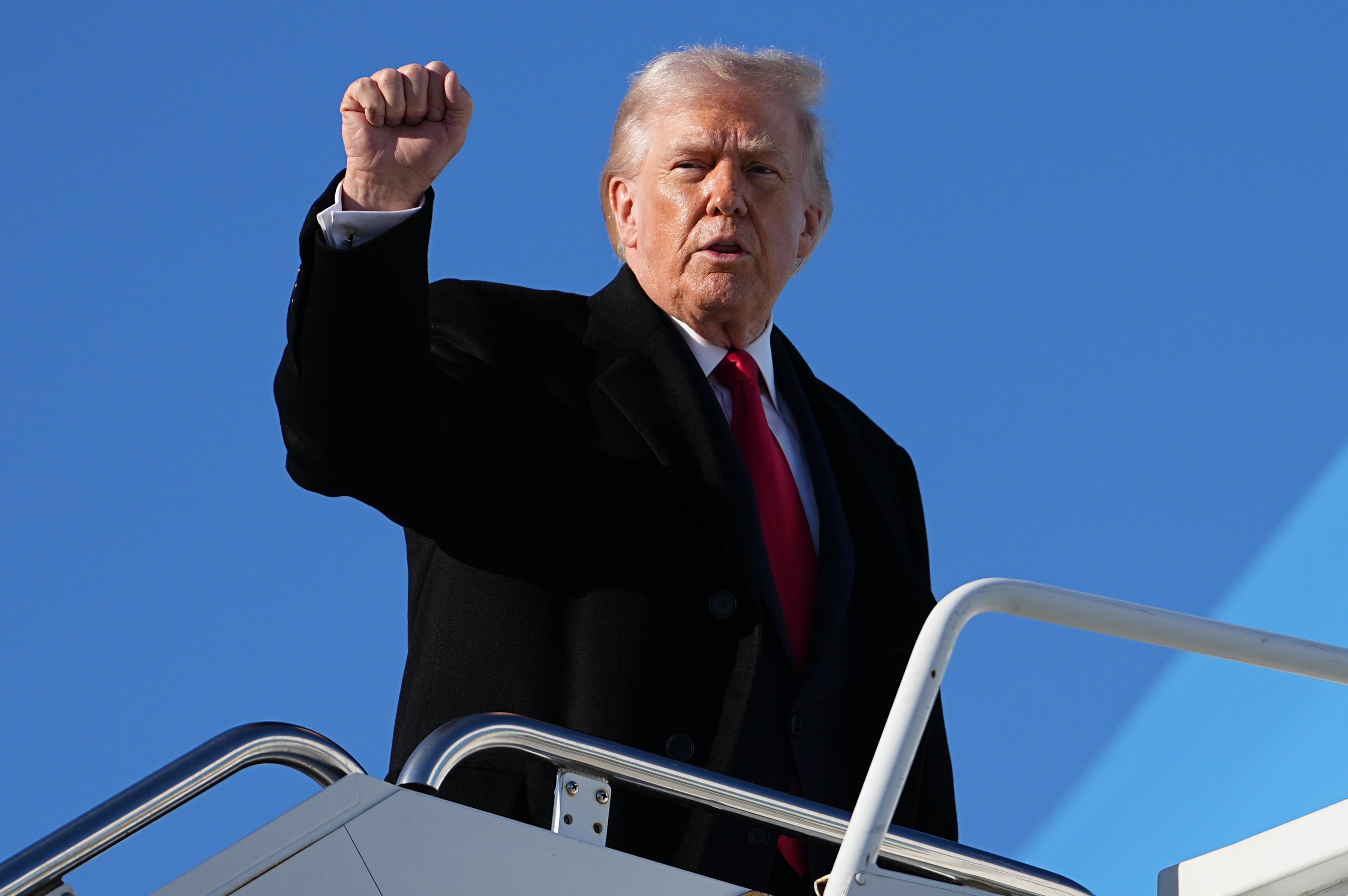'All the Way' with a provocative LBJ

Five stars out of five: "All the Way," made for TV film, 8 p.m. Saturday, May 21, HBO
Of course Bryan Cranston is monumental as Lyndon Baines Johnson in the HBO adaptation of the play ``All the Way.'' You know that going in because Cranston is prodigiously gifted and because he won a Tony for playing the role on Broadway.
The added gift of the HBO film, airing Saturday, May 21, is that Robert Schenkkan's adaptation of his own play offers us a chance to reconsider Johnson's complex legacy, something that is somewhat of a cottage industry in American politics and letters, but is especially valuable against the backdrop of a singular presidential election year.
"All the Way'' begins with the sound of gunfire and then the image of an unoccupied presidential limousine. There is blood on the seat of the car. You can just make out handprints you know belong to the First Lady on the trunk of the car.
The president is dead. We don't need to see the administration of the oath of office to his successor because that photo, with Johnson flanked by his wife, Lady Bird, and Jacqueline Kennedy, is indelible in our minds.
Johnson (Cranston, "Breaking Bad'') and Lady Bird (Melissa Leo, ``The Fighter'') are trying to collect and focus their thoughts as they fly back to Washington on Air Force One. Ready or not, LBJ is president and in charge.
"All the Way'' focuses on Johnson's life and career as he picks up the reins of the American presidency after John F. Kennedy's assassination and sets about defying the odds, not to mention Southern segregationists, by getting the 1964 Civil Rights Act passed.
Right or wrong, popular opinion has it that Kennedy was a political saint and Richard Nixon was the 20th century version of Richard III. Both men were far more complicated than that, of course, but their stories are too easily simplified without close examination.
No matter what you think of Johnson, his story cannot be simplified. Nearly 50 years after he left office, the jury of public opinion is still considering the verdict. Some view him as motivated only by his love of power when he allowed the voting rights portion of the Civil Rights Bill to be trimmed in order to get the bill passed. Others see him as, in fact, more committed to civil rights than Kennedy ever was and admire his strategy to win a war by surrendering a battle. Almost certainly, the Civil Rights Act would not have passed with the voting rights provision. Once Johnson got it passed, he could come back, as he promises Dr. Martin Luther King Jr. (Anthony Mackie, ``Captain America: Civil War'') he will do, and get a separate voting rights act passed because he had his sizeable boot in the door already.
"All the Way'' is packed with superb performances in addition to Cranston.
Mackie delivers an Emmy-worthy performance as King. Bradley Whitford (``The West Wing'') is almost unrecognizable as himself, but spot on as Sen. Hubert Humphrey. Frank Langella (``The Americans'') makes Richard Russell, the unyielding, but ultimately, broken father figure to LBJ. And Leo makes it very clear that Lady Bird was about much more than beautifying America.
The script is nearly perfect in its nuanced attention to the complexities of Johnson's character, but it stumbles a bit at a couple of points.
After Johnson's most trusted aide, Walter Jenkins (Todd Weeks, ``Falling Skies''), is arrested in a YMCA men's rest room for ``disorderly conduct,'' Schenkkan has a perplexed LBJ questioning FBI Director J. Edgar Hoover (a wonderfully slimy Stephen Root, ``Turn'') about how you can tell if someone is gay or not.
Hoover is danged if he knows, while we're supposed to chuckle at the irony. The moment is rather cheap and not worthy of the rest of the script.
There is no question that the protege of Sam Rayburn and Russell was an exceptionally astute politician and peerless in amassing and leveraging power. In opposing Russell and other segregationists, Johnson knew full well he was placing the possibility of being elected to a full term in jeopardy. He did it anyway.
He declared war on poverty, but was dogged in his first full term by the escalating mess in Vietnam that he'd inherited from his predecessors. That war would hound him in his second term to the point where one of the most memorable images from the era remains David Levine's take on LBJ showing reporters his gall bladder scar. Except that the scar was now shaped like North and South Vietnam.
It's no wonder Robert Caro has filled four volumes on the life of the 36th president with another one still on the horizon. As a man and as a consumate politician, Johnson was a Shakespearean figure in the nation's history.
Schenkkan and director Jay Roach have taken a chance by deciding to walk a very fine line between depicting LBJ as either a hero of the civil rights battle or an opportunist.
The danger is that kind of approach is that Johnson could have come across as neither and we might have concluded that the filmmakers had pulled significant punches.
Instead, we come away with a somewhat greater understanding of Johnson's enigmatic complexity and, above all, the realization that there are no easy answers when it comes to determining his impact on history.


